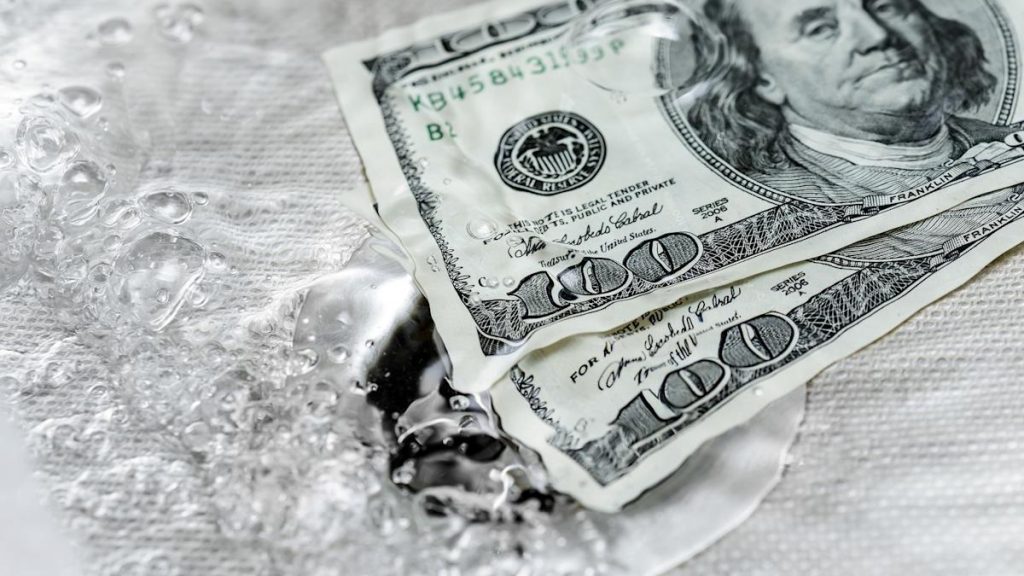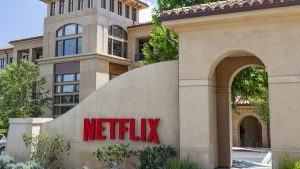5 Hidden Money Leaks Draining Your Wealth, According to Jaspreet Singh

If you often notice your bank account balance getting smaller than expected, the problem could be impulse buys or rising costs from inflation and tariffs. However, your money can also leak due to less obvious reasons, including your banking, saving and borrowing habits.
Find Out: What Class Do You Actually Belong To? The Income Breakdown Might Shock You
Read More: 5 Cities You Need To Consider If You’re Retiring in 2025
The FINRA Foundation’s National Financial Capability Study found that 56% of Americans struggled to cover their bills and expenses in 2024, and only 38% spent less than they earned.
In a YouTube video, licensed attorney and financial YouTuber Jaspreet Singh discussed the five biggest ways your money is leaking. Learn what may be keeping you from building wealth.
If you don’t stay on top of your transactions and bank account balance, you can lose money to overdraft fees, which often cost up to $35. While a Consumer Financial Protection Bureau rule would have capped these charges to $5 or another justifiable amount starting in October 2025, this relief now won’t go into effect due to congressional appeal.
So you can avoid these fees, Singh recommended asking your bank to automatically decline transactions that would overdraw your account and regularly checking your balance in your bank’s app so you can avoid overspending. You can also set up account alerts and find a bank without overdraft fees.
Vivian Tu: The Simple Money Rule That Can Keep You Out of Debt
While having an emergency fund is smart, stashing all of your cash in a high-yield savings account can cost you a lot of money rather than help you build wealth, especially once you consider your actual return after taxes and inflation.
Singh gave an example of someone who had $10,000 in a savings account earning 3.5% and was in the 25% tax bracket. He found that the after-tax growth was 2.6%, which is less than the year-to-date inflation rate of 2.9%, according to the August 2025 Consumer Price Index data. Plus, you need to consider that inflation for specific categories may be higher than that.
Singh said, “If your money is not growing fast enough after taxes, that means you’re slowly becoming poorer, which is why it is so important for you to be investing your money and not just saving all of your money.”
According to the NYU Stern School of Business, the real annual return for the S&P 500 was 21.54% in 2024 alone, though it has widely varied each year. So before investing, you should keep risk, fluctuating returns and a long-term perspective in mind, and consider finding a financial advisor.
Do you want to build your own blog website similar to this one? Contact us








